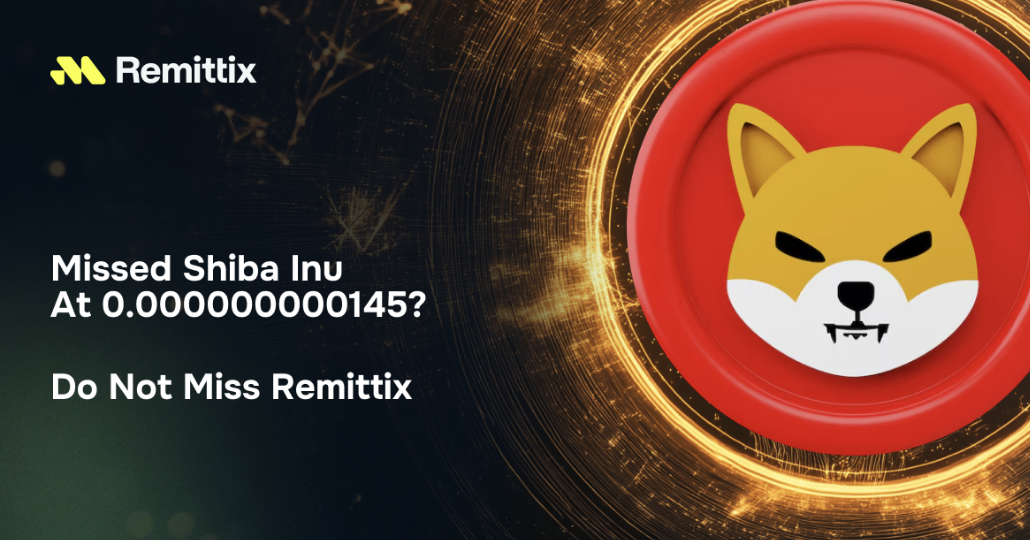ARTICLE AD
MicroStrategy's new protocol can process thousands of identities on Bitcoin's ledger.
MicroStrategy has announced the development of a decentralized identity solution on the Bitcoin blockchain. The protocol, dubbed MicroStrategy Orange, adopts a Bitcoin Inscription DID method, similar to the Ordinals technique, to manage Decentralized Identifiers (DIDs) using Unspent Transaction Outputs (UTXOs) for control. Michael Saylor, the company’s co-founder and executive chairman, unveiled the innovation at the Bitcoin For Corporations conference on May 1.
“The Bitcoin Inscription DID method (did:btc) uses the bitcoin blockchain exclusively to store and retrieve DID information. UTXOs on chain are used to control DIDs. Inscribing data in the witness of transactions allows for greater extensibility and verbosity when creating DID documents, while reducing fees and block space consumed,” as noted in a draft of a potential specification (the document) of the new solution on MicroStrategy GitHub.
According to Saylor, MicroStrategy Orange is an open-source initiative that does not rely on sidechains and is capable of processing up to 10,000 DIDs in a single Bitcoin transaction. The system aims to simplify the adoption of DIDs for organizations and individuals, offering a way to manage online identities securely and pseudonymously.
“The goal of this method is to deliver trustless, tamper-proof, and long-lived decentralized identities using only the public bitcoin blockchain as a data source, while enabling full compatibility with the [DID-CORE] specification and forward compatibility for future extensions,” stated the document.
DIDs offer a pseudonymous way to manage online identities, distinct from real-world identities, enhancing privacy. The MicroStrategy Orange suite includes the Orange Service for organizations to issue DIDs, the Orange SDK for developers, and Orange Applications like “Orange For Outlook” for digitally signing emails.
The onboarding process involves an invitation from an organization, DID creation, and inscription on the Bitcoin blockchain, ensuring the data is permanent and tamper-proof.
According to Cezary Raczko, MicroStrategy executive vice president of engineering, MicroStrategy Orange’s vision is to integrate DIDs on Bitcoin with a broader “verifiable credential ecosystem.”
In other words, anyone could verify the authenticity of these credentials across various applications without relying on a central authority. The verification would happen by checking the information on the Bitcoin blockchain, which is known for its immutability and security.
DIDs could be used to verify user identities on social media platforms, potentially enabling a more secure, user-controlled, and decentralized way to issue and verify credentials, Raczko highlighted a potential use case of the new protocol.
The information on or accessed through this website is obtained from independent sources we believe to be accurate and reliable, but Decentral Media, Inc. makes no representation or warranty as to the timeliness, completeness, or accuracy of any information on or accessed through this website. Decentral Media, Inc. is not an investment advisor. We do not give personalized investment advice or other financial advice. The information on this website is subject to change without notice. Some or all of the information on this website may become outdated, or it may be or become incomplete or inaccurate. We may, but are not obligated to, update any outdated, incomplete, or inaccurate information.
Crypto Briefing may augment articles with AI-generated content created by Crypto Briefing’s own proprietary AI platform. We use AI as a tool to deliver fast, valuable and actionable information without losing the insight - and oversight - of experienced crypto natives. All AI augmented content is carefully reviewed, including for factural accuracy, by our editors and writers, and always draws from multiple primary and secondary sources when available to create our stories and articles.
You should never make an investment decision on an ICO, IEO, or other investment based on the information on this website, and you should never interpret or otherwise rely on any of the information on this website as investment advice. We strongly recommend that you consult a licensed investment advisor or other qualified financial professional if you are seeking investment advice on an ICO, IEO, or other investment. We do not accept compensation in any form for analyzing or reporting on any ICO, IEO, cryptocurrency, currency, tokenized sales, securities, or commodities.

 8 months ago
17
8 months ago
17 

